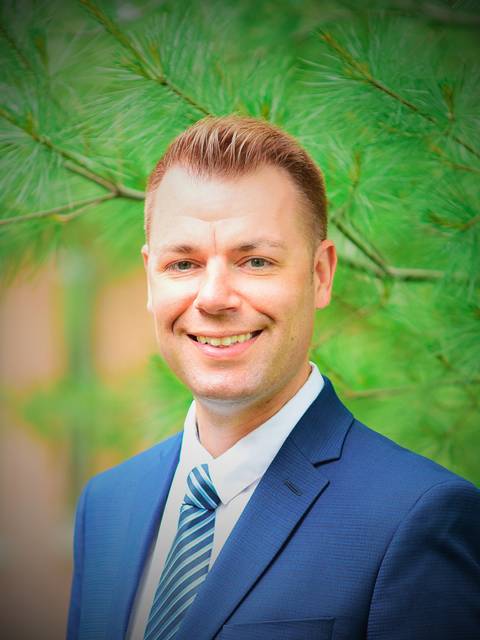This program explores how unconscious biases impact social workers' decisions and interactions with clients. Participants will learn to identify their own biases and develop strategies to deliver ethical care to clients from diverse backgrounds.
Remove the Blindfold of Bias
Emotions impact the decisions we make including the ‘good,’ the ‘bad,’ and the ‘ugly’ influencers that rest in the deep areas of our mind: heuristics. We say we are not biased individuals but in reality, our underlying thoughts and emotions are based on preconceptions and lived experience. We will take a deep dive into the cognitive biases that, in your role as a helper, are subconsciously impacting and potentially blinding your decision-making capabilities. We will explore how these biases affect your personal relationships; judgments regarding equity, diversity, and inclusion; and the day-to-day responses in working with others. Take a journey to provide light and clarity, removing the blindfold of bias.
Learning Objectives:
- Gain an understanding of heuristics.
- Explore and interpret personal cognitive biases that affect decision-making.
- Examine personal biases and the role of power to improve self-awareness in a helping role.
- Develop and enhance interventions with clients from differing identities and cultures than oneself, through a critical-self bias review lens.
- Recognize ethical dilemmas faced by bias and implement an ethical decision-making model to process and improve future social work practice.
This program meets Wisconsin Ethics and Boundaries continuing education requirements for human service professionals.
Who should attend
Human service professionals such as social workers, professional counselors, therapists, and psychologists.
Instructors
-

Dana Johnson from Wisconsin is a career social worker (Licensed MSW), practicing in senior level management in state government, county human services, an educator in higher education, and operating a consulting and professional development firm. His experience includes child welfare practice, policy, and reform; transformational organizational leadership and culture change, supervision of teams, continuous quality improvement, ethics and boundaries theory, and dynamic equity, diversity, and inclusion efforts across micro, mezzo, and macro systems.